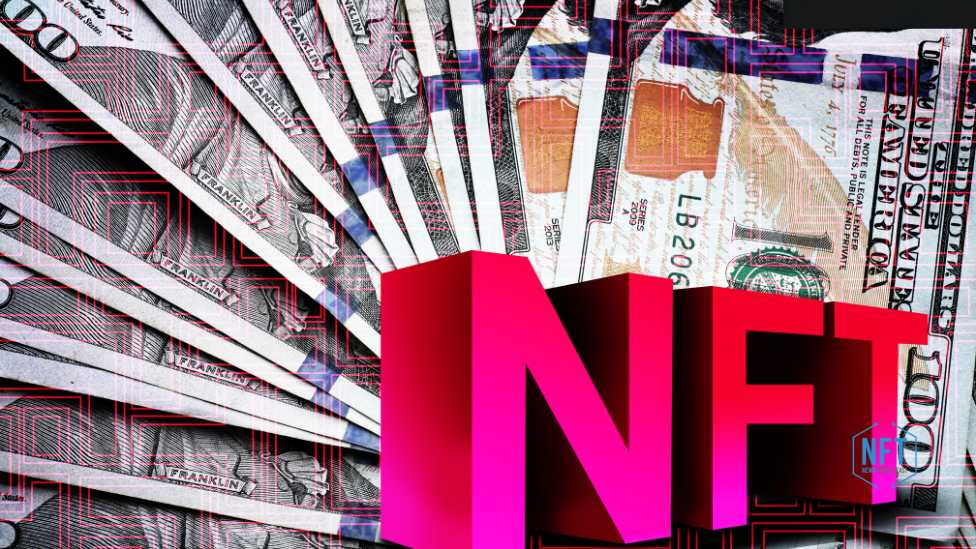Middle Eastern countries are generally adopting NFTs in varied ways, indicating the legitimacy and acceptance of this technology in some of these areas. Below, we will explore some of the countries where NFTs are legal in the Middle East.
What Countries Are Embracing NFTs In The Middle Eastern?
Saudi Arabia
There are no specific regulations controlling NFTs in Saudi Arabia. Although the lack of regulations fosters uncertainty, it also allows for a degree of flexibility in interpretation and possible future expansion within the NFT industry in KSA. However, the absence of particular rules does not mean that the new technology is completely disregarded; rather, it means that the regulatory bodies are still monitoring and evaluating it.
United Arab Emirates
The UAE, in particular, is one of the popular countries leading the adoption of NFTs in the Middle East. According to a new ResearchAndMarkets research, the non-fungible token (NFT) market in the UAE is expected to grow rapidly, rising from $982.1 million in 2022 to an anticipated $4.7 billion by 2028. In addition, given the UAE’s long-standing reputation as a desirable corporate location, it is well-positioned to become a worldwide hub in the rapidly expanding NFT industry. After Dubai and Abu Dhabi declared that crypto-related activities and enterprises were legal in the UAE, major companies began entering the NFT industry to take advantage of the expanding global market and accelerate their expansion. Yet, in spite of this rapid evolution, NFT operations are still largely unregulated in many jurisdictions around the world. Remarkably, the UAE is the only country that boasts a license for NFT operations issued through the Dubai Multi Commodities Centre (DMCC).
Kuwait
Kuwait is unique in the Middle East for its strict policies on digital assets; it has outrightly banned the use of cryptocurrencies in any form. This ban covers an array of activities; these include investing, trading, and using cryptocurrencies and related goods like NFTs. The prohibition also covers cryptocurrency mining, so eliminating all significant channels for interacting with cryptocurrencies across the country. This firm action demonstrates Kuwait’s circumspect stance toward the quickly developing digital asset sector.
Egypt
The relationship between digital assets and cultural and religious values in Egypt has a big impact on the legal landscape. The religious ruling of Dar al-Ifta from 2018 that classified cryptocurrency transactions as haram (forbidden by Islamic law) has had major consequences. This position affects public and policy views toward digital assets like NFTs by bringing up issues with national security and the possible abuse of illegal activity.
Takeaways
In the Middle East, the legality of NFTs differs from nation to nation; Kuwait, for example, prohibits the ownership of digital assets, whereas the UAE and other countries welcome their adoption. The legal environment around NFTs in the Middle East is influenced by elements like cultural and religious considerations in nations like Egypt, even as the UAE emerges as a major hub for NFT activity.
















